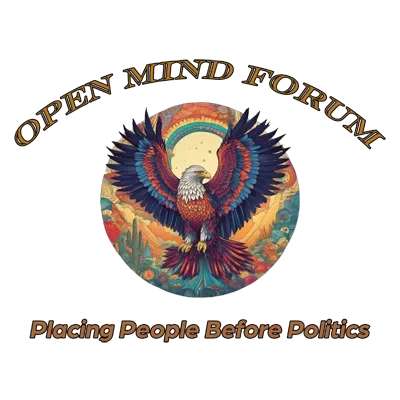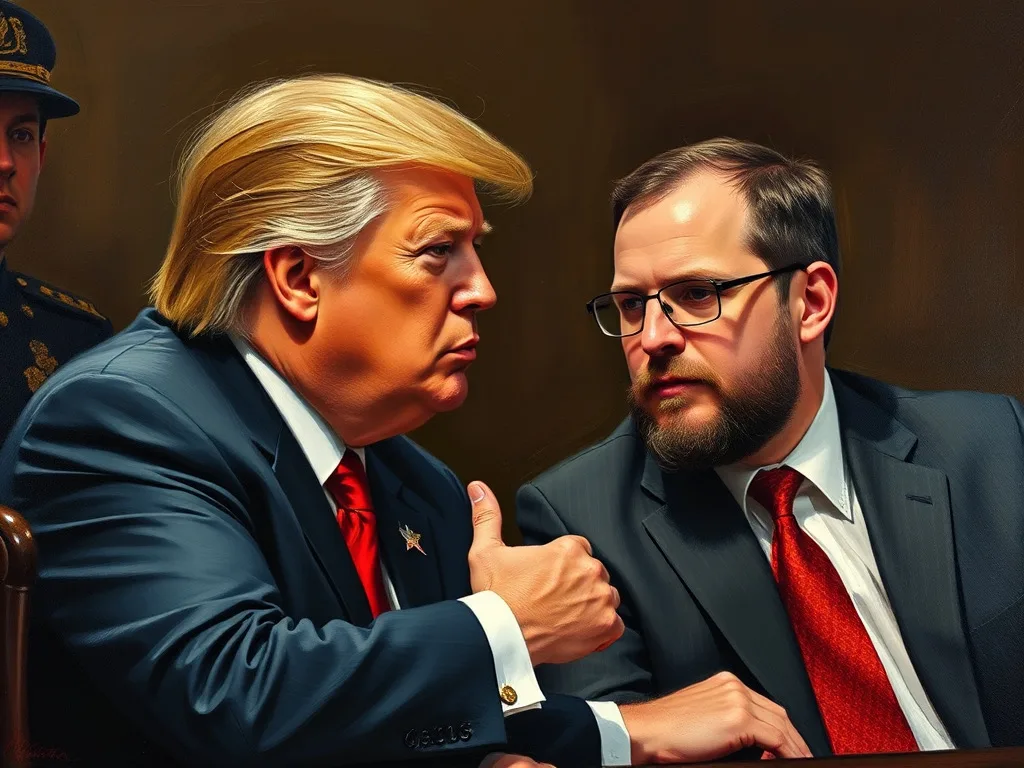Arguments of Presidential Immunity and Political Theater.
Introduction to Trump’s Effort to Close Criminal Hush-Money Case
Trump’s Effort to Close Criminal Hush-Money Case is a last-ditch effort on the part of the President-Elect. The Rule of law is hanging in the balance focusing on the criminal conviction of a citizen’s guilt and the power of the President of the United States. Whatever the outcome, this case will have a significant impact on how Americans view the Rule of Law in the future. Until now, criminal convictions have not been so uniquely tied to the office of the President that the Trump legal team seems to be asserting, but when one was found guilty on 34 criminal counts, a sober punishment is in order. So far, because of his political ambitions, Trump has avoided sentencing. Will he evade such punishment again?
Donald Trump’s latest push to dismiss his criminal hush-money case hinges on arguments of presidential immunity and political theater. Manhattan prosecutors countered his legal team’s arguments, asserting that his position as president-elect offers no such protection. The resulting courtroom battle underscores broader tensions in how legal systems balance political power with accountability. In a democratic republic, the President is not a King and is, therefore, not immune from prosecution for his acts before he became President. While the Supreme Court wrongfully found that a sitting President was immune from prosecution for acts that are a part of presidential duties, they did not rule on whether or not a candidate is immune from prosecution for illegal acts taken to enhance the chances of being elected.
Trump’s Effort to Close Criminal Hush-Money Case: The Core Argument
Trump’s attorneys argue that continuing the case would interfere with his governance. They highlight Biden’s recent pardon of his son, Hunter Biden, as precedent, claiming it showcases selective prosecution. Trump’s legal team points to what they call “political theater” by Manhattan prosecutors, warning that failing to dismiss the case immediately could disrupt presidential duties.
Prosecutors pushed back, emphasizing that no legal grounds support dismissing the case based on Trump’s recent electoral victory. They argued that even after his inauguration, the immunity afforded to sitting presidents does not apply to state-level cases like this one. This distinction is critical, as Trump faces 34 felony counts of falsifying business records tied to hush-money payments.
The Role of Presidential Immunity in Trump’s Defense
Trump’s legal strategy leans heavily on the Supreme Court’s July 1 decision affirming broad immunity for sitting presidents. While that ruling applies to federal prosecutions, Trump’s attorneys extend the argument to state-level cases, asserting that interfering with his duties as president undermines constitutional principles. They cite disruptions to federal governance as a central concern.
However, prosecutors highlighted key differences between federal and state jurisdictions. They noted that state courts retain authority over matters unrelated to official presidential duties. This limits Trump’s ability to use federal immunity as a shield against these charges.
What Makes This Case Unique?
Unlike Trump’s federal cases, where presidential immunity arguments succeeded, his hush-money case deals with actions

predating his presidency. This distinction weakens his claims. Prosecutors emphasized that state-level courts hold jurisdiction over such pre-presidential conduct, further challenging Trump’s attempts to equate this case with federal legal precedents.
Trump’s reliance on comparisons to Hunter Biden’s pardon also complicates matters. While Biden’s actions addressed federal charges against his son, they do not set legal precedent for state-level prosecutions. Prosecutors dismissed these comparisons as irrelevant, calling them an attempt to distract from the core legal issues.
Broader Implications of Trump’s Effort to Close Criminal Hush-Money Case
The outcome of this case could redefine the boundaries of presidential immunity and its applicability to state prosecutions. If Trump succeeds, it may create new legal precedents shielding future leaders from accountability. Conversely, rejecting his claims would reinforce the idea that no one is above the law, even the president.
This case also highlights how political narratives shape legal battles. Trump’s framing of the case as political persecution resonates with his supporters, complicating public perceptions of accountability and justice. The court’s eventual decision will not only affect Trump but also influence how similar cases unfold.
Sources Cited
Manhattan District Attorney’s Office. (2024). Filing in opposition to dismissal motion. Manhattan Criminal Court Records.
Supreme Court of the United States. (2024). Trump v. State Prosecutors. Washington, DC: SCOTUS Opinions.
Smith, J. (2024). Special Counsel Dismissal Request in Election Interference Case. Federal Court Documents.
Suggestions for Further Reading
Finkelstein, D. (2023). Presidential Immunity and Accountability. Explores how immunity shapes presidential power.
Branham, J. (2024). State vs. Federal Jurisdiction in Presidential Cases. Analyzes case law distinctions.
Sullivan, R. (2022). The Politics of Persecution: Trump and Legal Battles. Examines public narratives of Trump’s prosecutions.
Stevens, L. (2020). Justice Above All: Balancing Power and Responsibility. Discusses accountability in democratic systems.
McDonald, E. (2023). Hunter Biden’s Pardon: Legal and Ethical Implications. Evaluates the broader context of selective prosecution.
Kaplan, M. (2019). No One is Above the Law: The Rule of Law in Crisis. Argues for stricter adherence to legal norms.
Friedman, A. (2020). Supreme Court Precedents on Presidential Powers. Analyzes landmark cases shaping executive power.
Jones, P. (2023). State-Level Prosecutions of Presidents: A Legal Primer. Explains the complexities of such cases.
DISCLAIMER: The images on this page, and across the whole blog are created using AI imaging and are intended to illustrate the argument in the post. They are NOT representing real people or events directly, rather the images enhance the overall argument and nothing more. We do not intend any offense, nor do we wish to single out individuals in any way by the images themselves.




